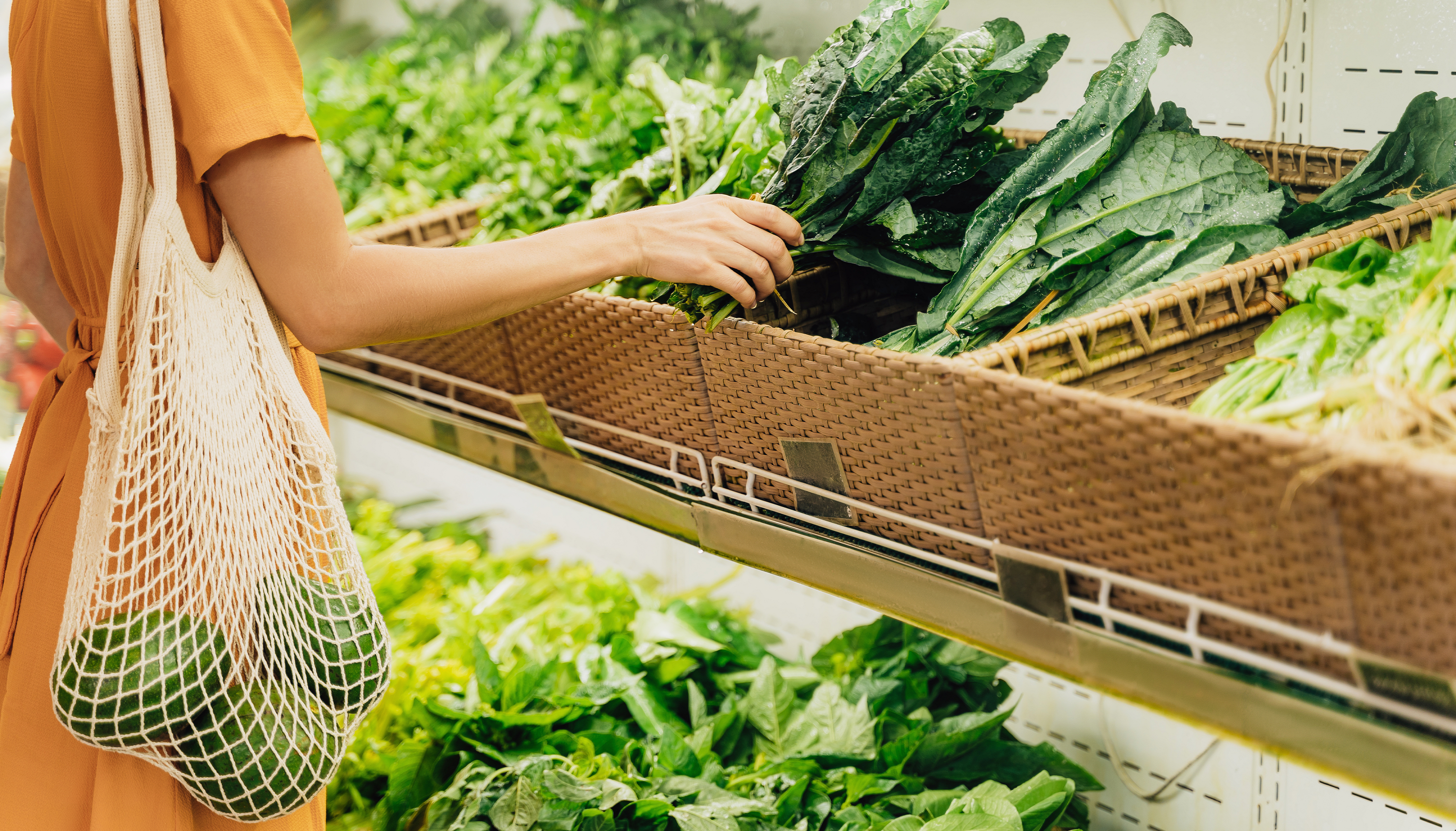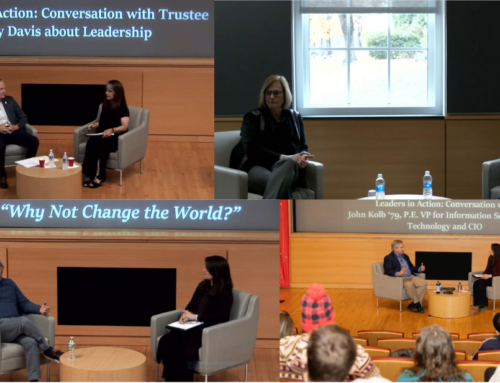By Alex Connor, Ph.D. Chemical and Biological Engineering Candidate
Picture this: You’re strolling through the fresh produce section of your favorite local grocery store, but instead of seeing a store full of pristine fruit and vegetables, almost half of everything on the shelf is rotten or being thrown away. It might seem like a chapter out of a fictional dystopian novel, but this is the reality of the modern food industry. Despite technologies such as refrigeration, an astounding 30 to 40% of all food production in the world is wasted every year, accounting for losses of over $2 trillion dollars. The amount of food wasted in 2020 alone was enough to feed all the 815 million hungry people in the world — four times over.
It’s clear that food waste is a massive issue, but it’s not clear what is the most sustainable solution to this problem. Ironically, the optimal solution may come from food itself, in the form of a next-generation protein. This is what my colleagues and I believe to be true, and this belief is the driving force behind our Rensselaer Polytechnic Institute-based startup Ripely.
We weren’t always so focused on the food industry, though. Long before Ripely’s conception, my colleagues and I focused on developing methods to produce specialty proteins in the laboratory using microorganisms. These specialty proteins are similar to naturally occurring silk proteins, which are edible and extremely biocompatible with humans (yes, silk scarves and ties are actually an edible protein harvested from nature). Silk proteins are desired due to their remarkable properties and wide range of applications, and in late 2019 we began the process of turning our research into a startup. We coined the company name Megasilk and began searching for where specialty silk proteins would fit into modern-day markets. This included a long process of market research, or what entrepreneurs would know as “customer discovery.” We interviewed nearly a hundred potential customers, engineers, and business owners in industries ranging from medical devices, to textiles, and even aerospace.
After nearly a year, we found our answer, pivoted to the food industry, and changed our name to Ripely. Ripely seeks to combine a small amount of our customized silk protein with water before applying this mixture to the surface of fresh food. This action forms a barrier on fresh food that is tasteless, odorless, invisible, and can extend shelf life by two to three times. Since we use silk proteins produced in food-safe microorganisms, we are able to overcome the major problems of using traditional silkworm silk, which comes from an unsustainable process and is an animal product. Ripely’s innovation is to take what nature has provided us in the form of food-saving silk proteins and produce them in a sustainable, food-safe, and animal-free process.
It is our mission to use food to save food, and to provide the largest innovation in the fight against food waste since refrigeration. Years ago, the food industry wasn’t even on our radar, but our journey has taught us to never doubt the broader impact of seemingly niche laboratory work, and to never be afraid to get out there and talk to people in order to discover the creative applications of research science.




